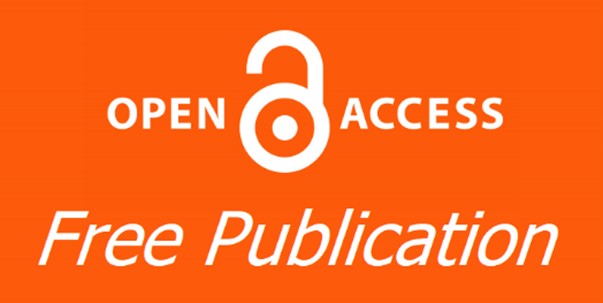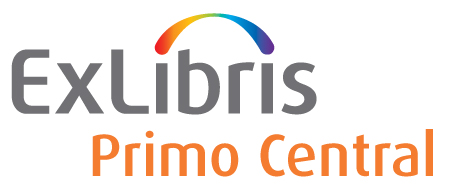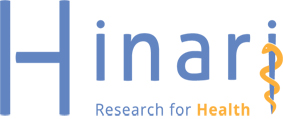Article Type
Article
Abstract
Objective: Surgery for allergic fungal sinusitis in the absence of continued medical management is associated with an unacceptably high rate of recurrence. There is no agreement on the proper postoperative medical treatment
Method: Eighteen patients with allergic fungal sinusitis were treated by surgical treatment and divided into 2 groups. Nine patients received postoperative immunotherapy and the remaining 9 patients did not receive immunotherapy. Both groups received otherwise the same postoperative care and were compared regarding the symptom score, mucosal staging, and number of oral corticosteroid courses, outpatient procedures and revision surgeries.
Results: There was statistically significant difference between the symptom score of nasal obstruction in patients who received immunotherapy (0.67 ± 0.5) compared to patients who did not receive immunotherapy (1.44 ± 0.53) PË‚0.05. The endoscopic staging for mucosa was less in patients who received immunotherapy (0.78 ± 0.67) versus (1.78 ± 0.67) in the other group P=0.05. The number of oral corticosteroid courses or outpatient procedures was considerably less in patients who received immunotherapy (1 ± 0.71) versus (3.2 ± 1.2) in the other group PË‚0.005. Revision surgery was performed in 1 patient (11%) in the group who received immunotherapy and in 3 patients (33%) in the other group
Conclusion: Sublingual immunotherapy is safe and effective in the postoperative treatment of allergic fungal sinusitis.
Keywords: Allergic fungal sinusitis, sublingual immunotherapy.
Recommended Citation
Mansour HA.
Sublingual Immunotherapy for Allergic Fungal Sinusitis.
Pan Arab J. Rhinol.
2012;
2 : -.
Available at:
https://pajr.researchcommons.org/journal/vol2/iss1/4
















